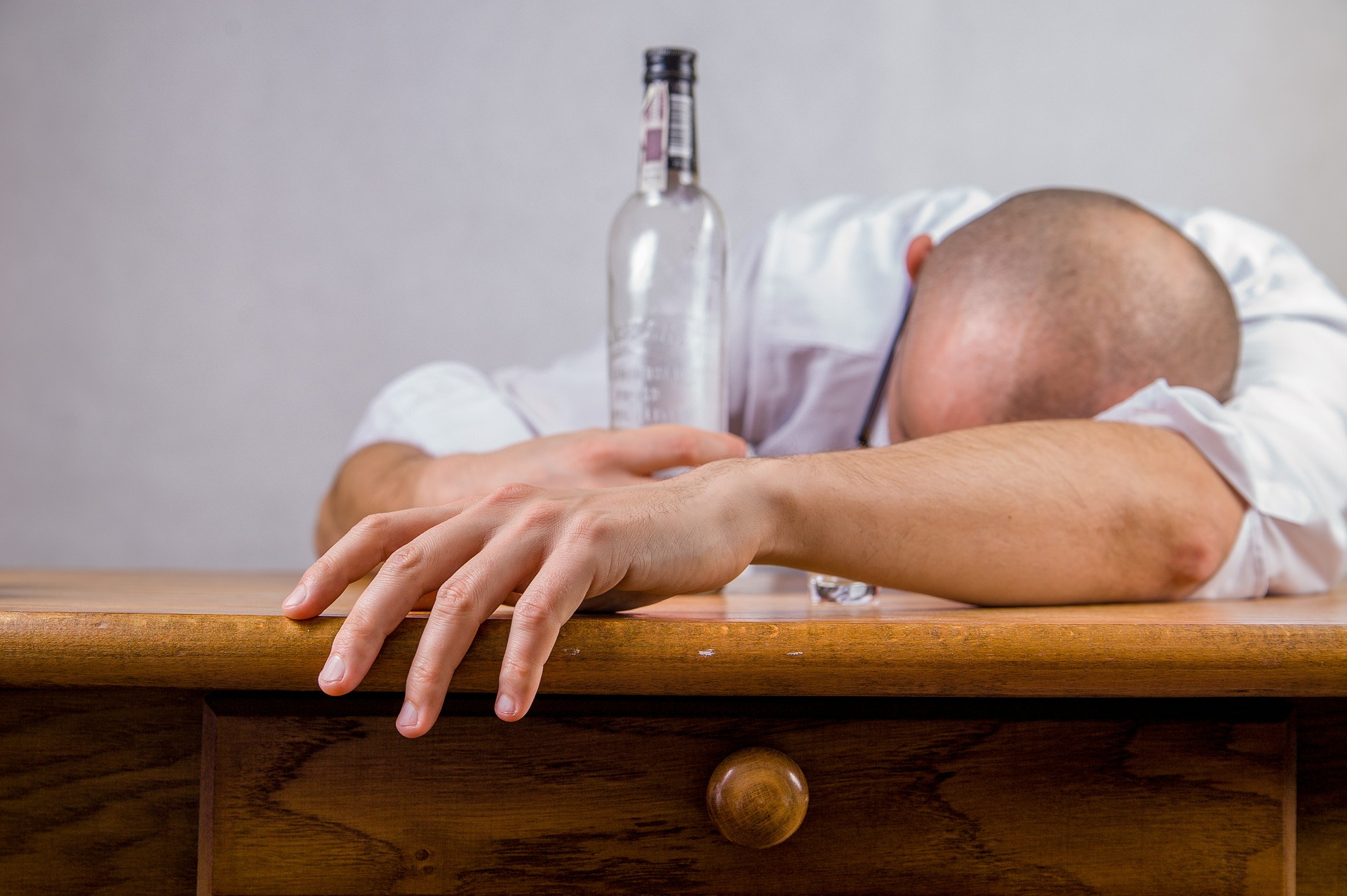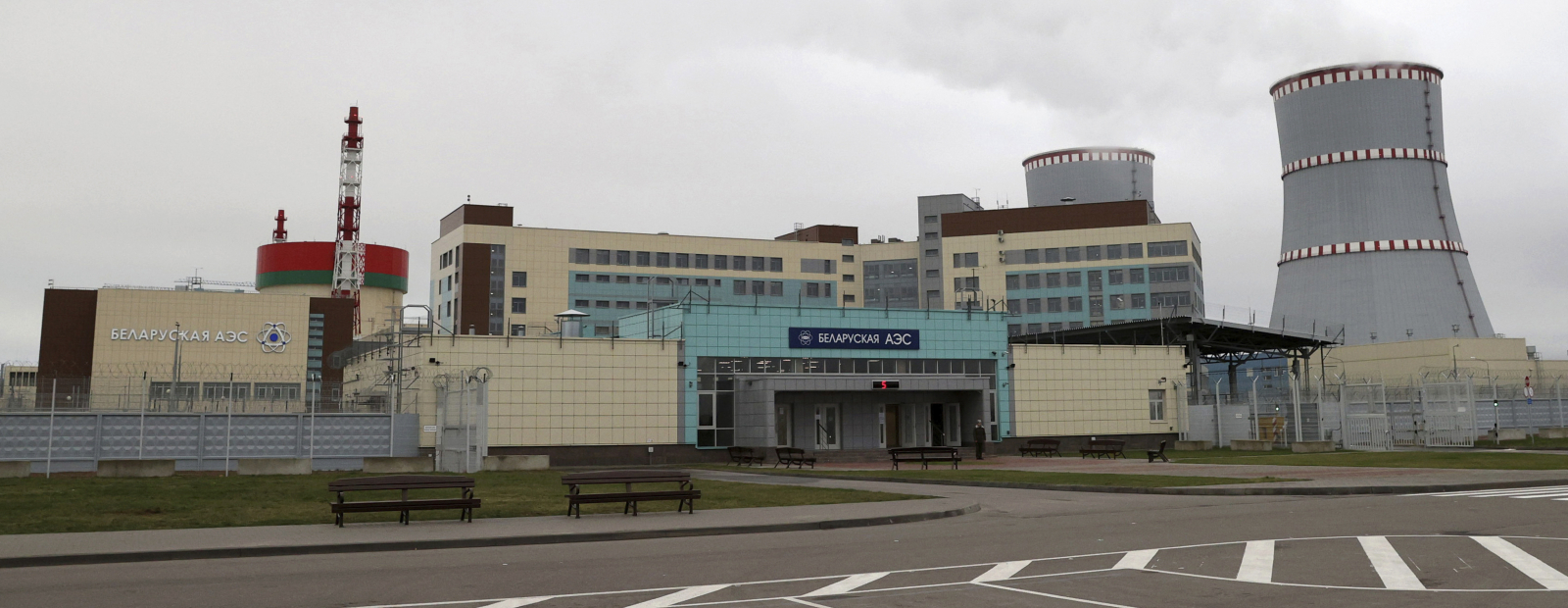Increased consumption of alcohol and drugs, acute stress disorders, sleep disorders, anxiety and depression are the psychological consequences of the Covid pandemic on the Lombard population, in particular in the citizens most affected by the first wave of the pandemic, namely Lodi and Codogno.
In the first phase of the lock down, with Lodi and Codogno in the “red zone”, access to hospitals fell due to the fear of infections and the difficulty of accessing the structures. The hospital was seen as a “hospital”. “Towards the summer however – says Giancarlo Cerveri, director of the mental health department of Lodi – we found an increase in requests for intervention and a consistent number of accesses by new patients to the psychiatric emergency room, despite the territorial centers for mental health, both for adults and adolescents had always remained open “.
The numbers are impressive: between 8 March and 3 June there were about one hundred visits to the emergency room for suicide attempts, on average one per day. The protagonists are mainly women, more exposed to economic difficulties and domestic violence: in 75 percent of cases they are Italian, with an average age of 40 years. On the other hand, half of the total involved singles or unmarried people, 15 percent divorced and 8 percent widowed. «Beyond the very high number of cases – explains Cerveri – the fact that this is the observable tip of the iceberg makes us reflect: a symptom of a widespread malaise in the area. Discomfort that has hit the most fragile categories, the elderly due to the interruption of social relationships difficult to recover, which is added to the terror of contagion, chronic subjects who have seen their pathologies worsen and a situation of generalized acute stress “.
On another front, the health personnel, hit in the red areas by the Covid tsunami, expressed strong malaise. “We have activated a counseling service dedicated to medical and nursing staff, and to healthcare professionals who have worked mainly in the emergency room, resuscitation and intensive care wards subjected to enormous stress due to living away from home for months, with the anguish of infecting families, and the high exposure to pain and death – continues Cerveri -. Thus among the population a strong element of suffering is the so-called complicated mourning or having lost loved ones without having even had the opportunity to say goodbye: it is a pathology that causes recurring memories, a sort of obsession and the inability to mourning ”.
Experts sound the alarm and share an appeal not to overlook the possible long-term damage to the mental health of the population at the conference organized by Neomesia «Mental health in the time of Covid». The worsening of cases is confirmed by the results of a questionnaire from the University of Rome Tor Vergata to which over 18 thousand people responded: 37% have symptoms of post-traumatic stress disorder, 17% depressive symptoms, 20% severe anxiety , 7% insomnia and 21% stress. The current situation sees, for those who already suffered from a disorder, the worsening of the same and, in addition, the onset of a post traumatic stress disorder. An anxiety disorder that involves a decrease in the ability to adapt which, if not intercepted and treated, can lead to depression.
–


